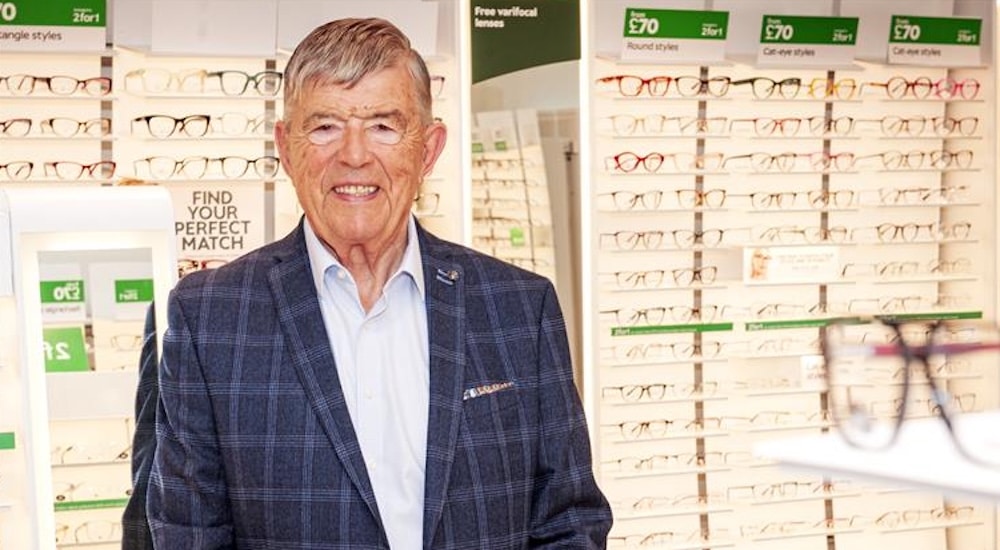Hearing and disability charities call on UK government to improve access to coronavirus health info
crisis information
Leading UK disability charities—including Action on Hearing Loss (AOHL)—have challenged Prime Minister Johnson's team to better accessibility to vital public health information during the coronavirus crisis.

Despite individual charities engaging with officials on the risk to Britain's disabled, among whom those with hearing loss also make up an important segment of the elderly persons in greater danger from Covid-19 complications, a combined announcement has condemned "slow and inconsistent" progress. Organisations have had to intervene on particular communications to ensure information is accessible to prevent risk to disabled people and the wider population, pointed out AOHL.
Over 70% of people aged over 70-years-old have hearing loss, whilst one in five people aged 75 and over have sight loss. Many people in these groups have comorbidities.
Blind and autistic people at risk
The combined groups have expressed their concerns to the UK government that many of the 700,000 autistic people living across the UK, who struggle with communication and processing information, are not able to fully understand or engage with vital public health information.
The full list of the charities calling for action is Action on Hearing Loss, The Royal National Institute of Blind People (RNIB), SignHealth, Sense, Visionary, Thomas Pocklington Trust, The National Autistic Society, and Guide Dogs.
Mark Atkinson, Chief Executive, Action on Hearing Loss said; “We appreciate that in such a highly-pressured, fast-moving situation, crucial information must be communicated to the public extremely quickly. It is vital, however, that despite these pressures, accessible standards are upheld, to ensure information reaches those who need it the most.”
“In England, the NHS should be following the Accessible Information Standard, providing information in people’s preferred format. The Equality Act also requires all service providers to make “reasonable adjustments” to support disabled people, including providing information “in an accessible format”, added Atkinson.
This consort of charities is calling for personal leadership from the Prime Minister's team on this, including the identification of national senior lead to help tackle this issue.
Source: AOHL


